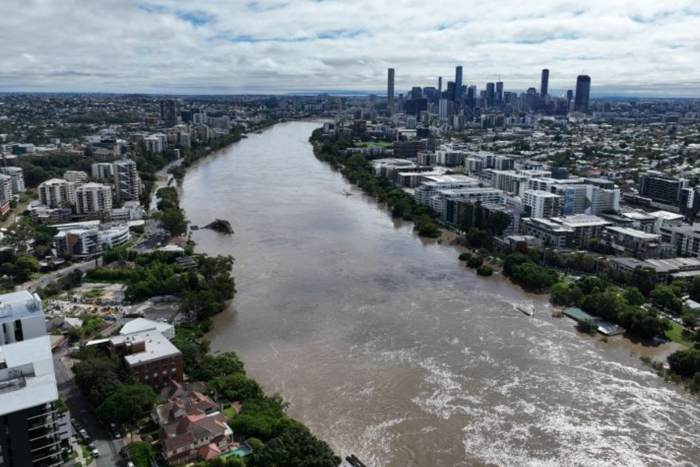Australian flood industry loss lifted 4% to AU $6.53bn by PERILS

The insurance and reinsurance industry loss from the severe flooding that struck eastern regions of Australia in February and March 2022 has now been finalised and lifted 4% higher by PERILS AG, with the event now estimated to have cost the industry nearly AU $6.53 billion (roughly US $4.35bn).
The last update to this loss estimate, from September 2022, was a figure of nearly AU $6.3 billion (roughly US $4.33bn).
This morning PERILS said that the loss number covers both property and motor lines of business, with motor losses contributing 9.5% of the total industry loss, and the remaining 90.5% due to losses in property lines of business.
This flood event drove reinsurance recoveries for Australia’s major insurance carriers and some international players too, with some losses flowing to collateralized markets and ILS funds.
PERILS had first estimated the industry loss for these floods at close to AU $4 billion (close to US $3bn) back in April 2022.
The floods struck both South-East Queensland and Northern New South Wales in late February and early March 2022, with extreme rains and rainfall totals that exceeded historical records in some areas.
When it reported in April 2022, PERILS had said the loss event extended from 23 February to 8 March 2022, but in June it put that term as 20 February to 11 March 2022, so capturing more flood claims within this single event definition.
Darryl Pidcock, Head of PERILS Asia-Pacific, stated, “The East Coast of Australia has experienced several major storm and flood events during the last three summers driven by persistent La Nina conditions. Whilst current forecasts indicate this will weaken to more normal levels, La Nina has caused the largest industry event loss in Australian history. Given the scale and geographic extent of the losses, our detailed loss and industry exposure data will contribute to industry efforts to manage flood risk and help bolster the resilience of the Australian economy and society to natural catastrophes. Despite the challenges faced by our insurance partners in dealing with these Cat events, they continue to support our efforts, for which we are extremely grateful and remain committed to providing value in return.”
Luzi Hitz, CEO of PERILS, also said, “Reliable, systematic data is the foundation of effective risk assessment. Without it, the re/insurance industry is significantly exposed to unexpected losses and dislocation. Making such data available to enable a better understanding of natural catastrophe risk was one of the key drivers behind the launch of PERILS some 14 years ago. Every Cat event further elevates our value proposition and as the effects of climate change become more visible, this will continue for the foreseeable future.”






